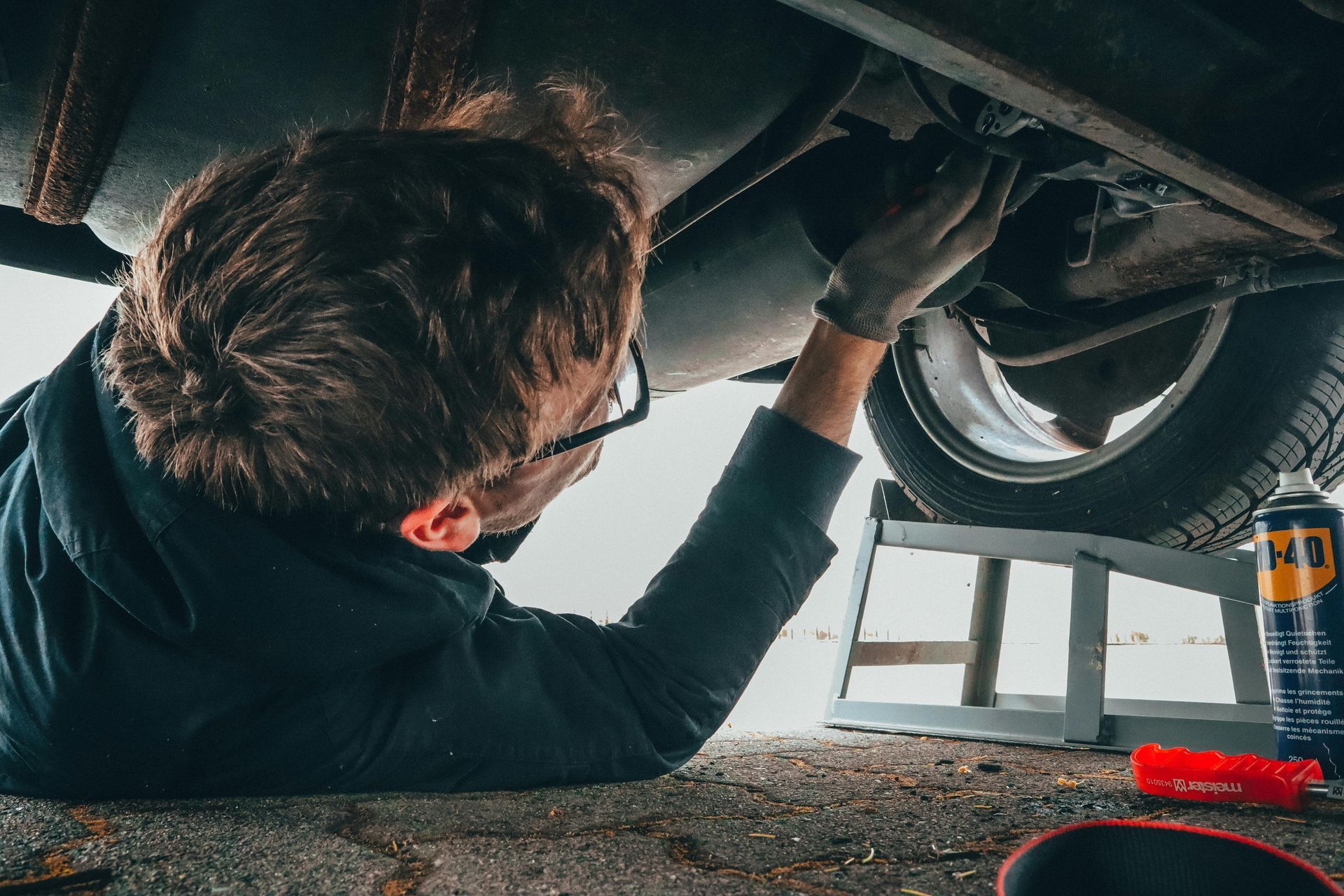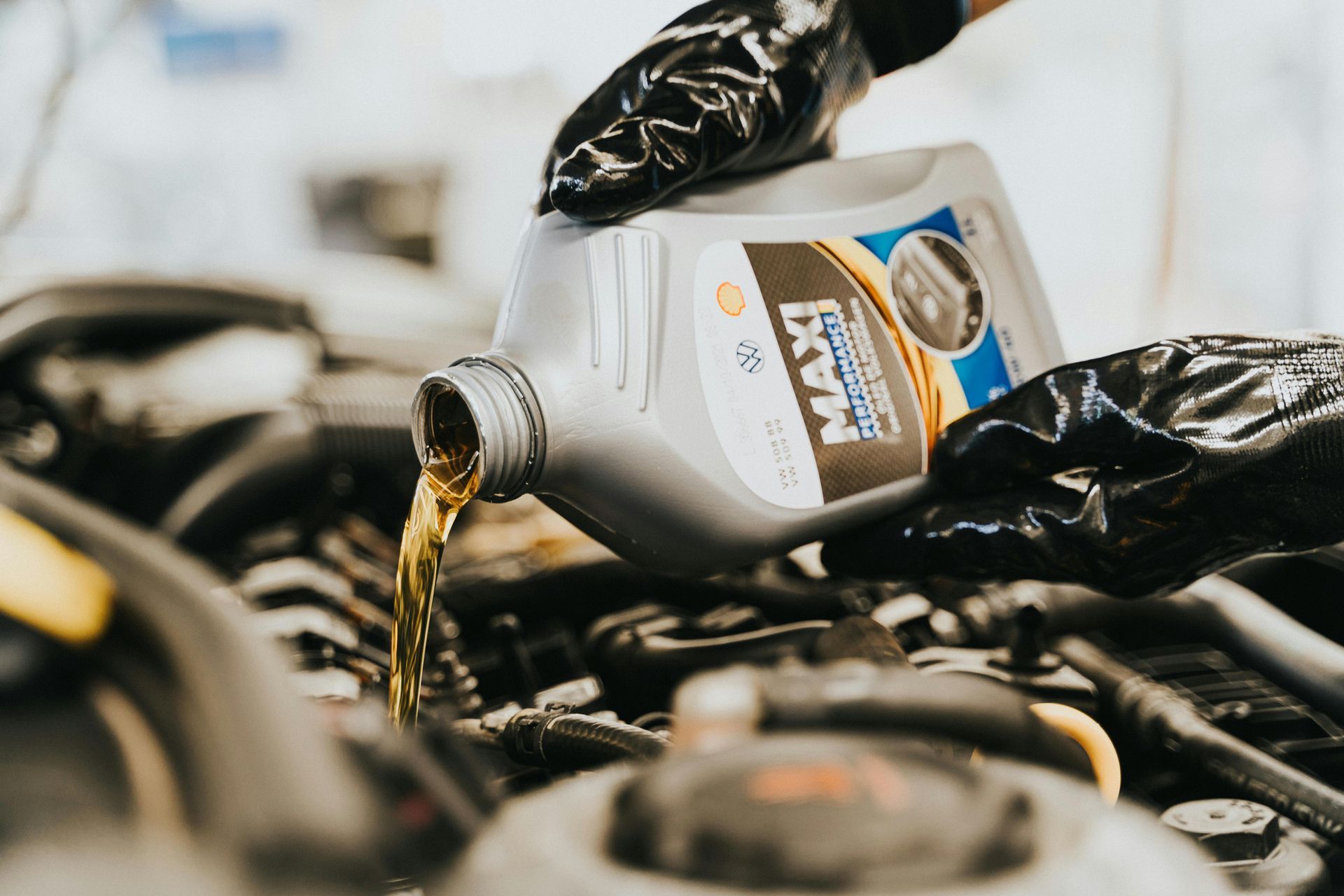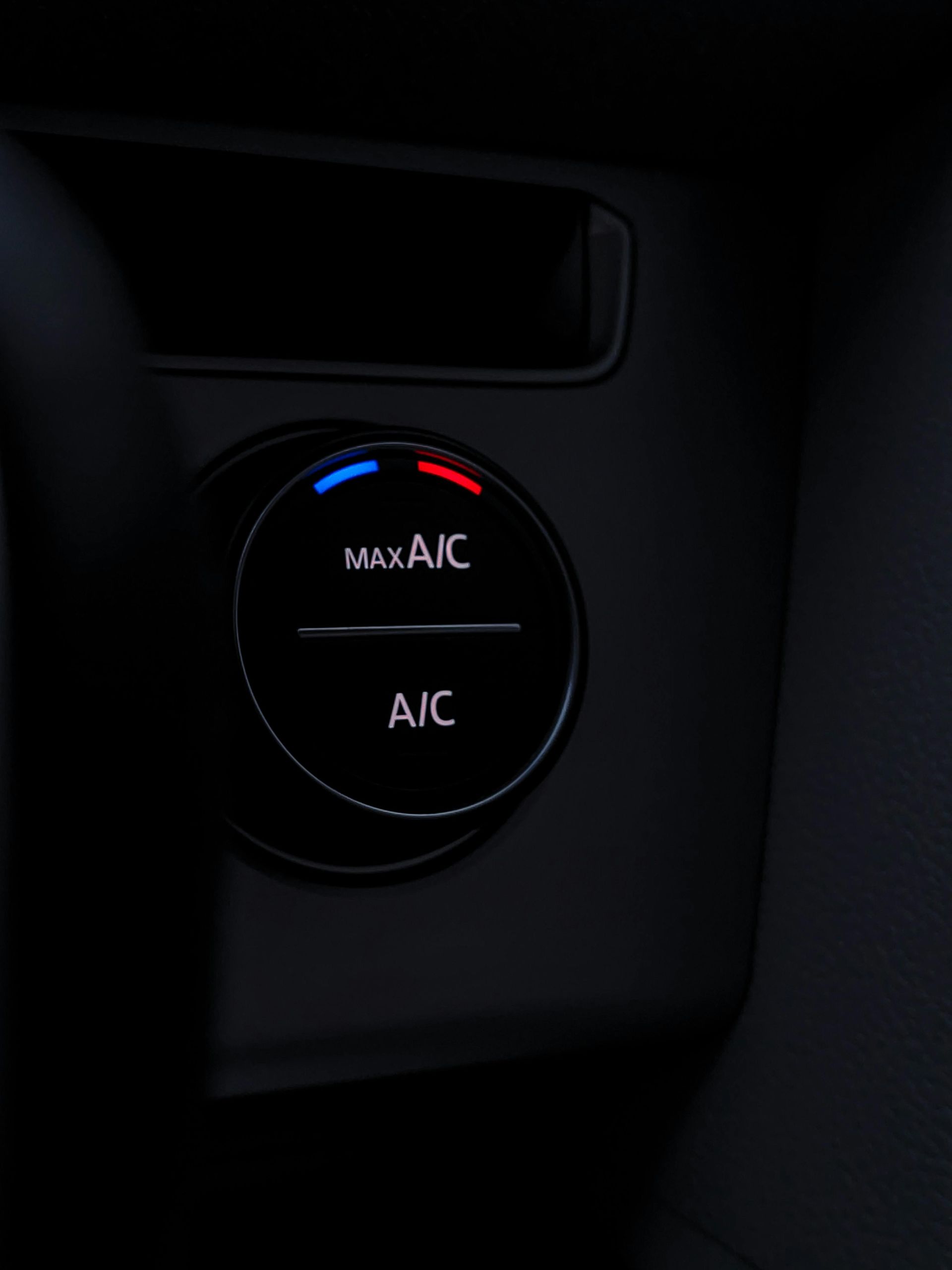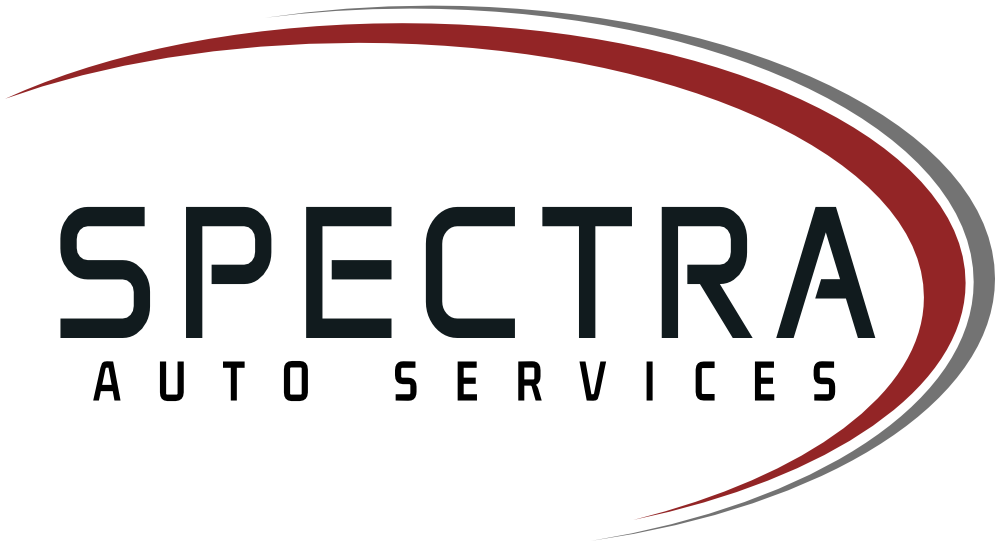Why Regular Diagnostics Save You Money in the Long Run
When most drivers think of auto diagnostics, they picture a dashboard warning light or a quick scan with a tool. But in reality, diagnostics go far beyond that—and when done regularly, they can be one of the smartest financial decisions you make as a vehicle owner. At Spectra Auto Services in Frederick, MD, we emphasize the importance of regular diagnostics not just as a troubleshooting method, but as a key part of your long-term car care strategy. Let’s explore how routine diagnostics can uncover hidden issues, extend vehicle life, and ultimately save you money.
What Are Vehicle Diagnostics?
Modern vehicles are equipped with complex electronic systems and onboard computers that monitor everything from engine performance to emissions. Diagnostics involve using specialized tools to communicate with your vehicle’s onboard systems, retrieving error codes and analyzing performance data.
At Spectra Auto Services, we use advanced diagnostic equipment in our Frederick shop to assess:
- Engine and transmission performance
- Fuel efficiency and emissions systems
- ABS, traction control, and airbag systems
- Battery, alternator, and electrical circuits
- Sensors, modules, and wiring integrity
This data allows us to pinpoint issues—sometimes before they even trigger a warning light.
Catching Problems Early = Lower Repair Bills
One of the biggest benefits of regular diagnostics is early detection. Automotive problems rarely appear overnight; they usually start small and grow over time. By identifying minor malfunctions early—like a failing oxygen sensor, misfiring cylinder, or deteriorating spark plug—we can often fix the problem with minimal labor and cost.
Delaying diagnostics, on the other hand, can allow minor issues to evolve into major (and expensive) failures. A simple check engine light left unattended might escalate into a catalytic converter failure, a repair that can cost thousands.
Avoiding Breakdown-Related Expenses
Nobody likes being stranded on the side of the road. Emergency tows, missed appointments, and last-minute rental cars add up fast. Preventative diagnostics help avoid those surprise breakdowns by flagging concerns before they become serious enough to leave you stuck.
In Frederick, we often see customers come in after a roadside incident that could’ve been avoided with an earlier visit. Routine diagnostic scans during oil changes or inspections can prevent these emergencies and the stress that comes with them.
Improving Fuel Economy
Did you know that something as simple as a dirty mass airflow sensor or misfiring plug can reduce your fuel efficiency by up to 30%? That means more money at the pump and less performance from your vehicle. Regular diagnostics help ensure your engine is operating at peak efficiency, correcting small errors that often go unnoticed by the driver.
At Spectra Auto Services, we routinely perform fuel system diagnostics to help Frederick drivers optimize mileage and save on gas over time.
Protecting Major Components
Your vehicle’s major systems—engine, transmission, drivetrain—are expensive to repair or replace. Regular diagnostics help you protect these high-value components by identifying abnormal performance patterns early. This gives us time to intervene, perform maintenance, and make cost-effective repairs before more critical parts are damaged.
For example, something as subtle as an intermittent sensor fault can, if ignored, cause improper fuel-air mixture readings and long-term engine stress. Diagnostics allow us to correct that before internal damage occurs.
Supporting a Proper Maintenance Schedule
Diagnostics don’t just spot problems—they help us tailor maintenance to the actual condition of your vehicle. By reviewing diagnostic data, we can advise you on when to service specific systems, even if you’re not yet due based on mileage. This kind of personalized car care helps prevent premature wear and ensures your vehicle gets the attention it needs, when it needs it.
Drivers in Frederick trust our team to interpret their diagnostic data and recommend services that make sense—not just based on a calendar, but based on how the car is actually performing.
How Often Should You Run Diagnostics?
While diagnostics are always performed when warning lights appear, we recommend running a basic scan at least twice a year—typically during seasonal maintenance checks or oil change appointments. If you drive frequently, tow heavy loads, or notice any changes in performance, it’s smart to run them more often.
Spectra Auto Services integrates diagnostic checks into many of our standard services, offering Frederick drivers extra peace of mind without added costs.
Building a History of Your Vehicle’s Health
Consistent diagnostics over time help build a comprehensive history of your vehicle’s health. This history:
- Helps track recurring problems
- Shows trends in system performance
- Aids in future diagnostics
- Increases resale value with documented records
It’s much easier to make informed repair decisions when you can reference past scans and data. Think of it as a medical chart—but for your car.
Why Frederick Drivers Trust Spectra Auto Services for Diagnostics
At Spectra Auto Services, diagnostics aren’t a guessing game—they’re a science. Our experienced technicians use cutting-edge diagnostic tools to gather real-time data from your vehicle’s systems. Then, we take the time to explain what we find, why it matters, and what your options are.
We believe in transparent, preventive care that keeps your vehicle running better, longer—and helps you avoid the financial burden of major repairs down the road. Whether you’re trying to figure out a warning light or simply want to stay ahead of wear and tear, our Frederick-based team is here to help you make smarter, more cost-effective decisions.
Final Thoughts
Regular vehicle diagnostics may not be flashy, but they are one of the smartest investments you can make in your car. By identifying small issues before they escalate, improving fuel efficiency, and preventing breakdowns, diagnostics give you control over your vehicle’s future—and your repair budget.
At Spectra Auto Services in Frederick, MD, we believe in helping our customers drive smarter and spend less through routine, data-driven vehicle care. Make diagnostics part of your maintenance routine and experience the long-term savings for yourself.














